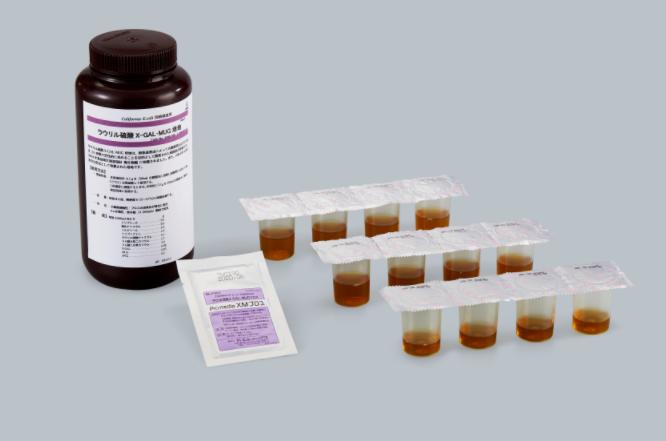The culture media is an artificially prepared nutrient for the growth and maintenance of microorganisms, plants and animal tissues. It generally contains carbohydrates, nitrogenous substances, inorganic salts (including trace elements), vitamins and water. Some media also contain antibiotics and pigments for the cultivation and identification of single microorganisms.
Liquid culture media is a nutrient-rich solution used for the cultivation of microorganisms in a liquid form. It is composed of various nutrients such as carbon sources, nitrogen sources, vitamins, and minerals, which provide an optimal growth environment for the microorganisms. It is a nutrient-rich solution used for the cultivation of microorganisms in a liquid form. Liquid culture medium is composed of various nutrients such as carbon sources, nitrogen sources, vitamins, and minerals, which provide an optimal growth environment for the microorganisms.
Liquid media is a kind of physical media classification, which is relative to solid media. It is a liquid media for microorganisms or animal and plant cells. Cultivation in liquid culture media is called submerged culture, liquid culture or in-liquid culture.
Due to the different raw materials for liquid culture media preparation, the requirements for using are different, as well as the storage. After being heated and absorbing moisture, a common liquid culture media is easily contaminated by bacteria or decomposed and deteriorated. Therefore, the general culture media must be kept in a cool place and protected from moisture. For some culture media that require strict sterilization (such as tissue culture media), they must be stored in a refrigerator at 3~6°C for long-term storage.

1. Beef extract peptone liquid media (also known as nutrient broth which is used to cultivate bacteria)
Ingredients: beef extract 3g, peptone 10g, NaCl5g, distilled water (or deionized water) 1000mL, pH 7.4 ± 0.2.
Preparation method: Dissolve each component in water, use 1mol/L NaOH solution to adjust the pH 7.4 with a pH meter under the condition of 20 ~ 25 ℃, and subpackage into Erlenmeyer flasks (appropriate to filling 1/2 to 2/3 of the volume of the Erlenmeyer flask is appropriate) or test tube (appropriate to filling about 1/4 of the height of the test tube), 0.1MPa sterilization for 15~20min, then standby.
2. LB liquid media (used to cultivate bacteria and often applied in molecular biology)
Ingredients: tryptone 10g, yeast extract 5g, NaCl10g, agar 15~20g, double distilled water 1000mL, pH7.0.
Preparation method: Dissolve each component in 1000 mL of double distilled water, adjust the pH with 1 mol/L NaOH (about 1 mL), and after subpackaging, sterilize at 0.1 MPa for 15-20 min. If necessary, add 0.1% glucose semi-solid media and 0.4%-0.5% agar to the media.
3. Bean sprout juice liquid media (used to cultivate yeast, mold and the fusion of mold protoplast)
Ingredients: bean sprout juice 1000mL, diammonium hydrogen phosphate 1g, KCl 0.2g, MgS4.7H2O, 0.2g, pH 6.2-6.4.
Preparation method: Heat and dissolve the solid component in the bean sprout juice, adjust the pH. If the solid media is prepared, add 15-20g agar, subpackage into Erlenmeyer flasks or test tubes, and sterilize at 0.07MPa for 20 minutes.